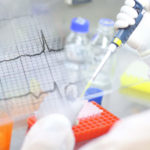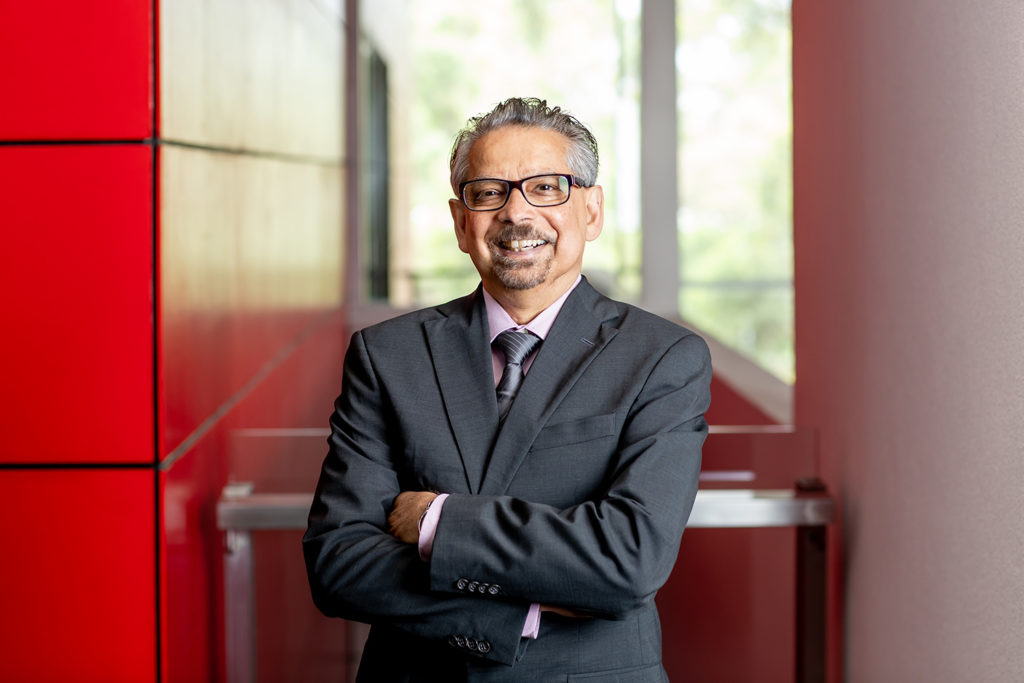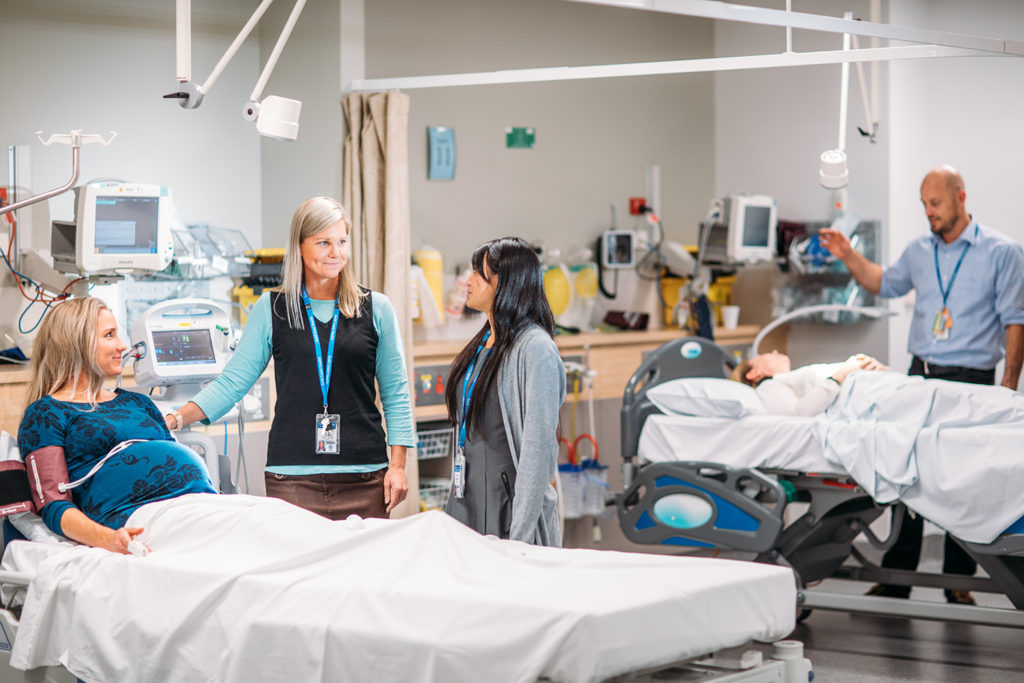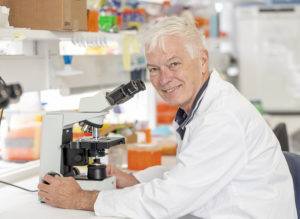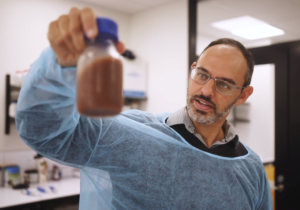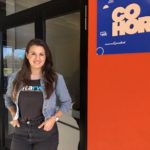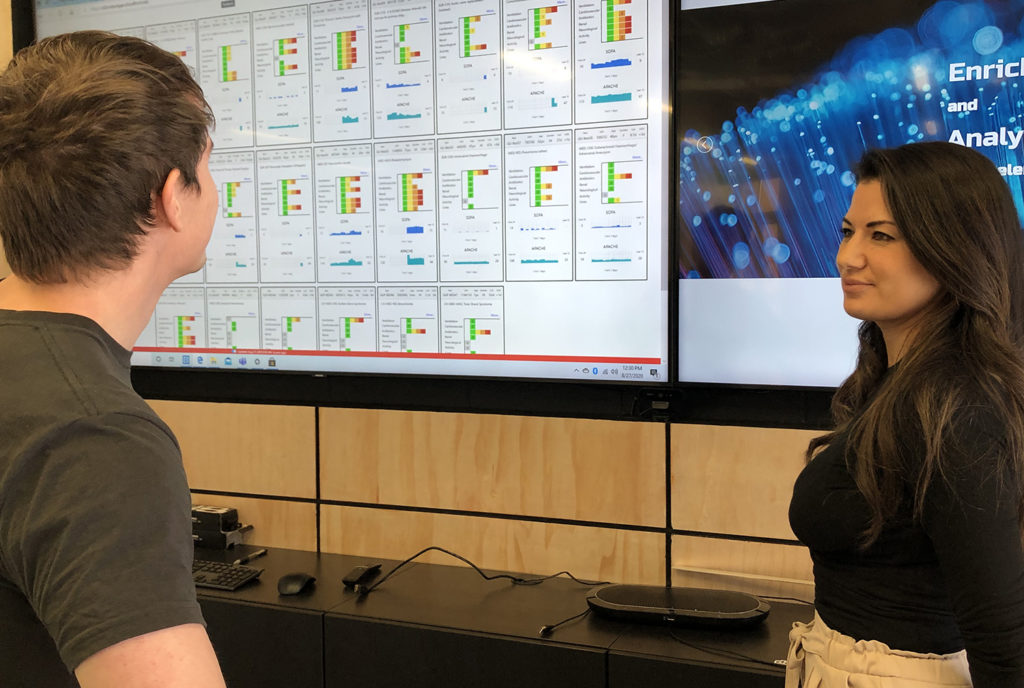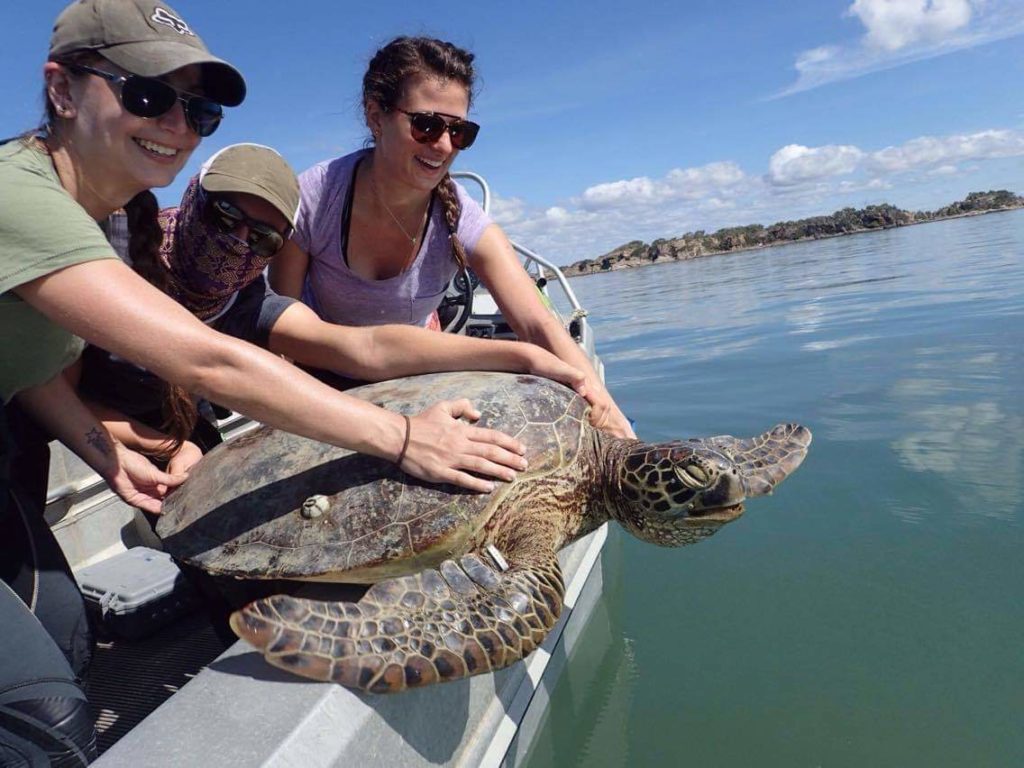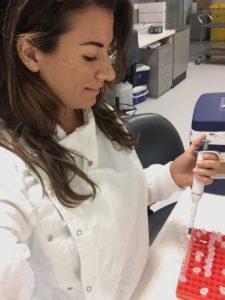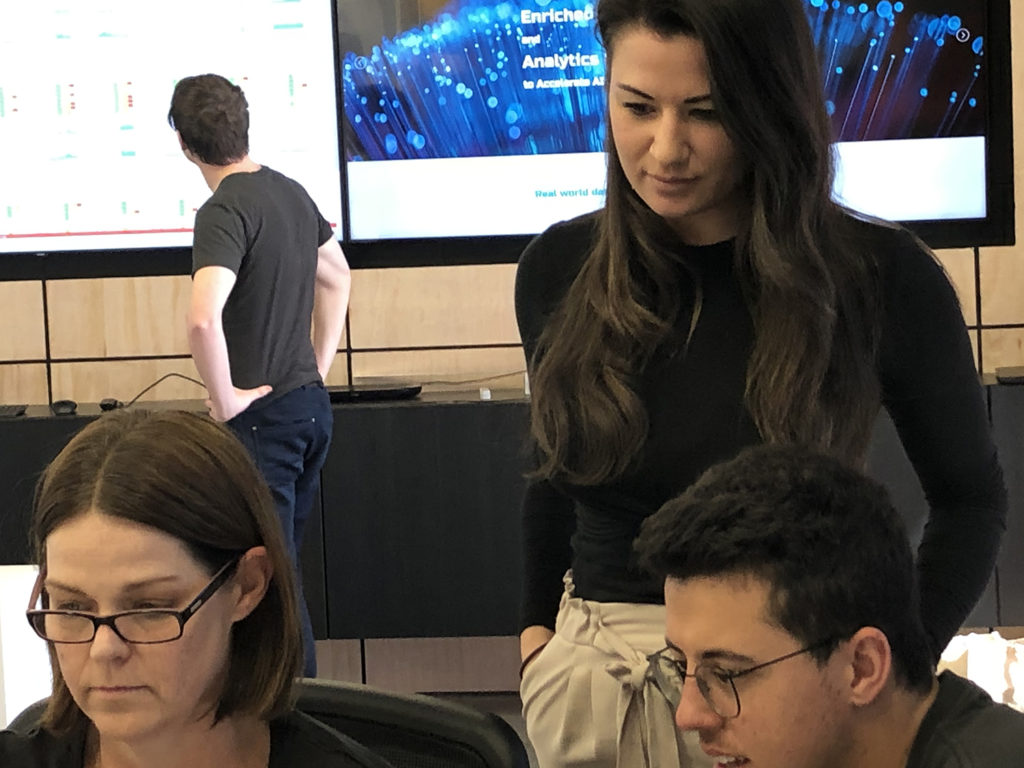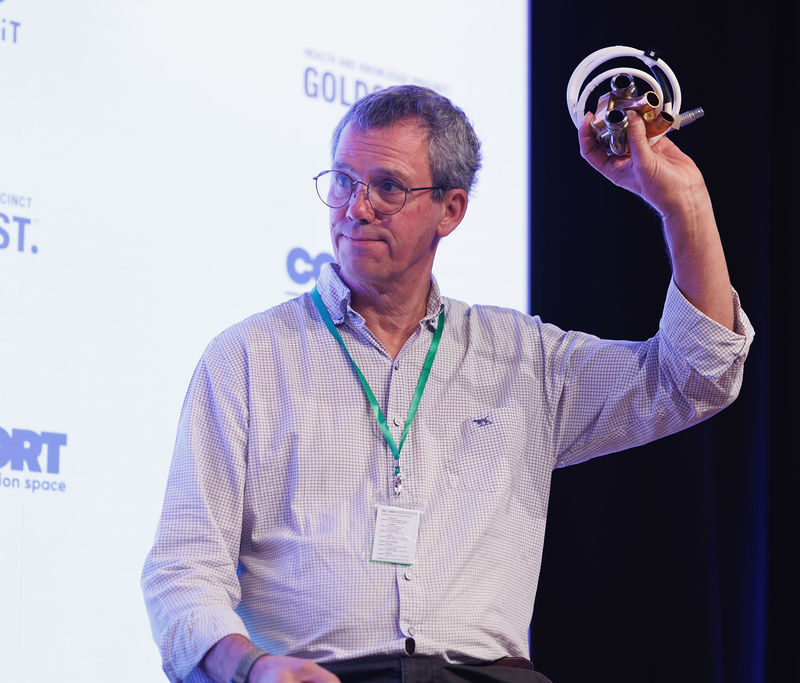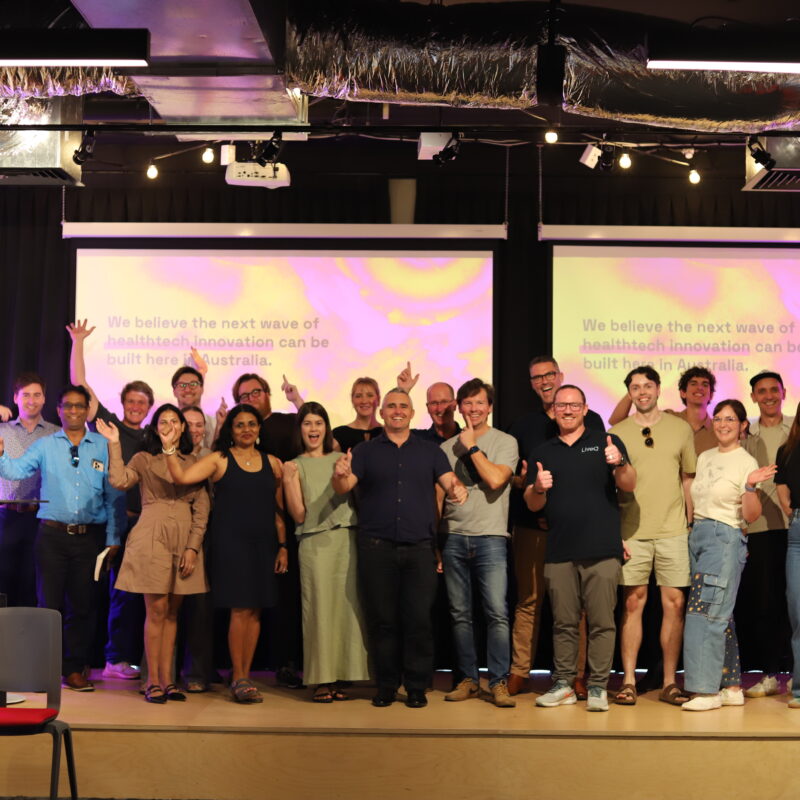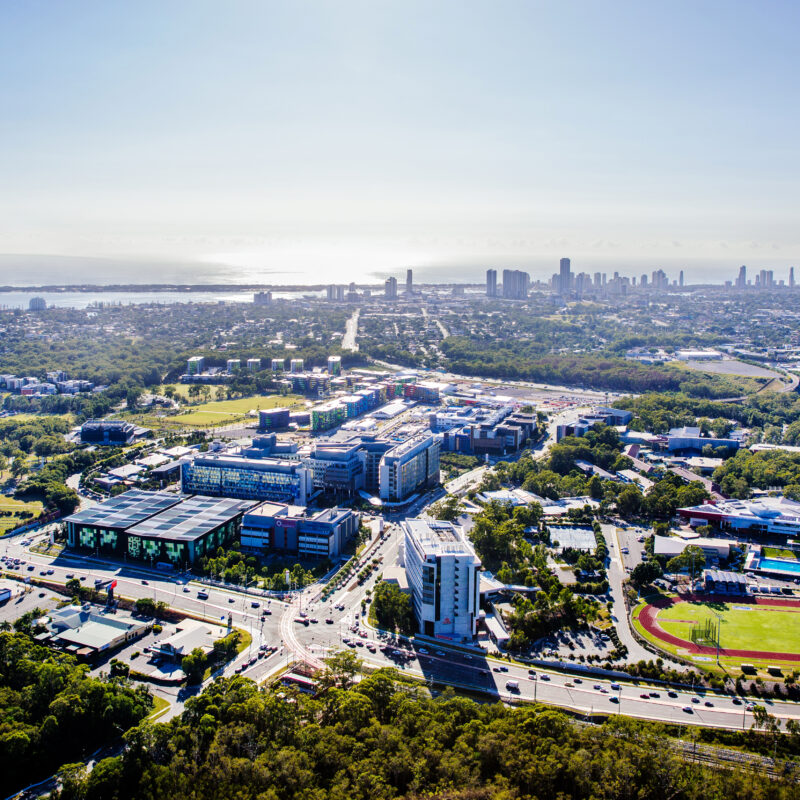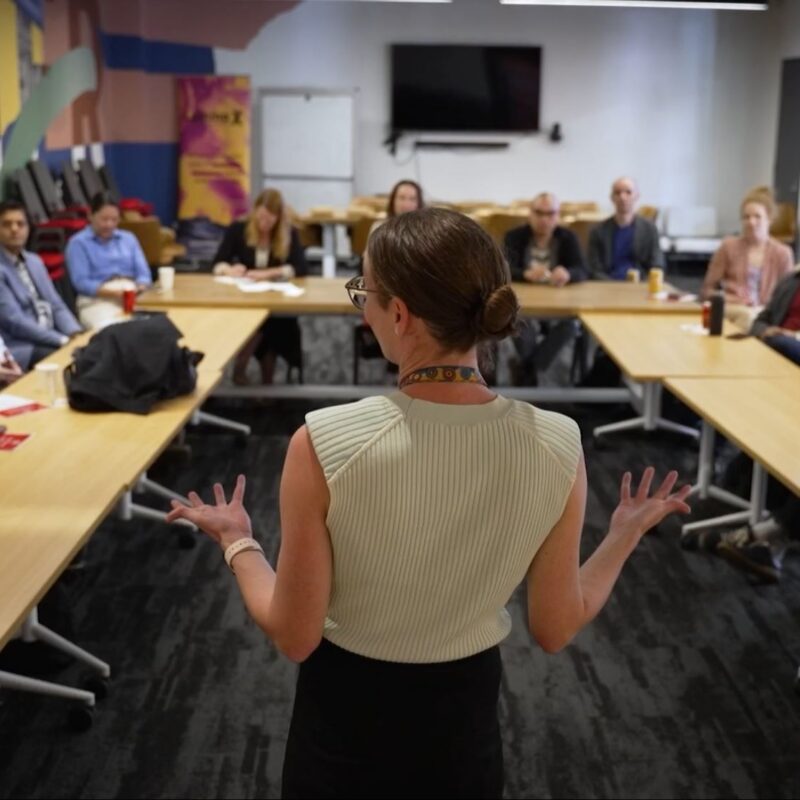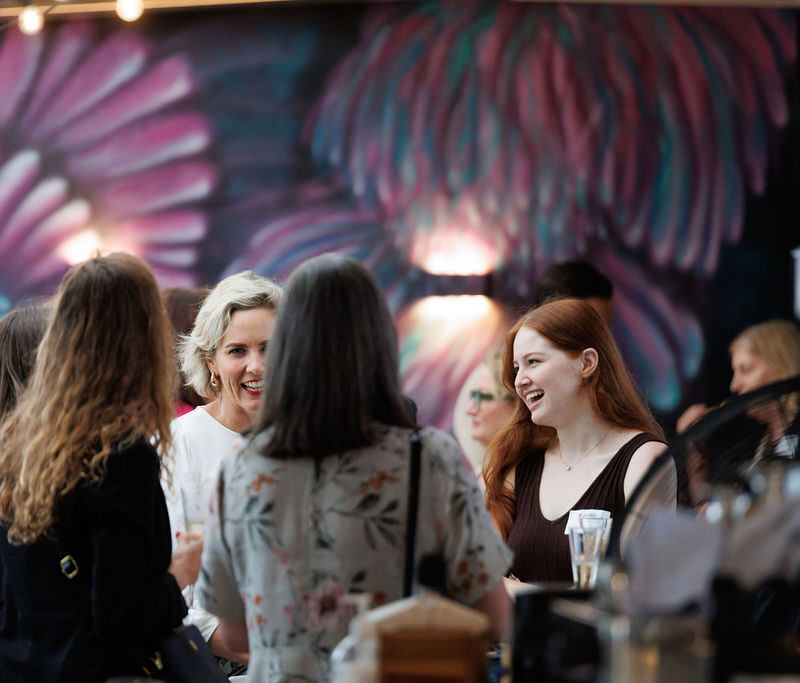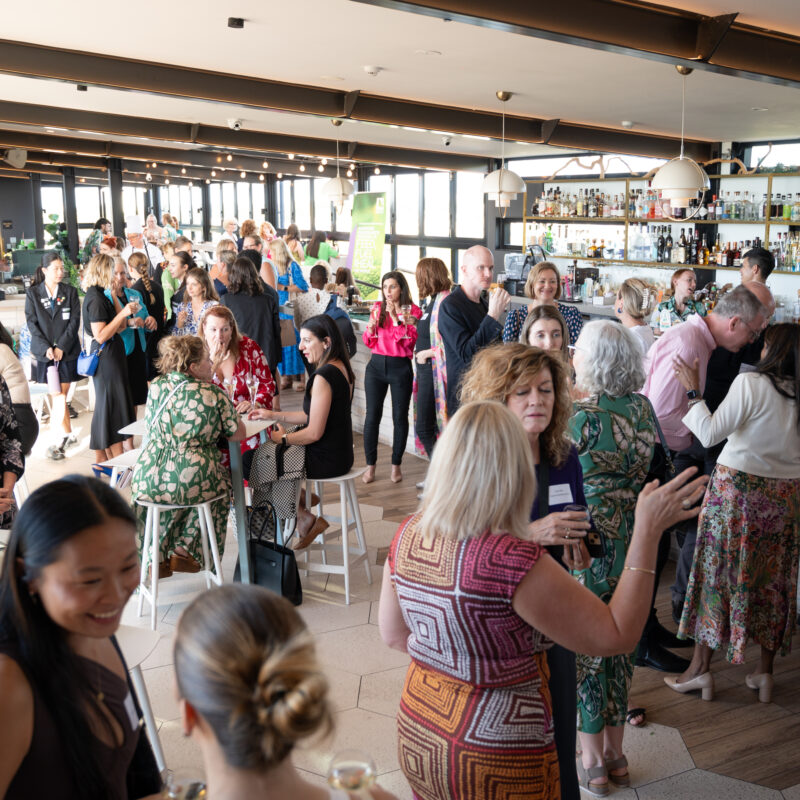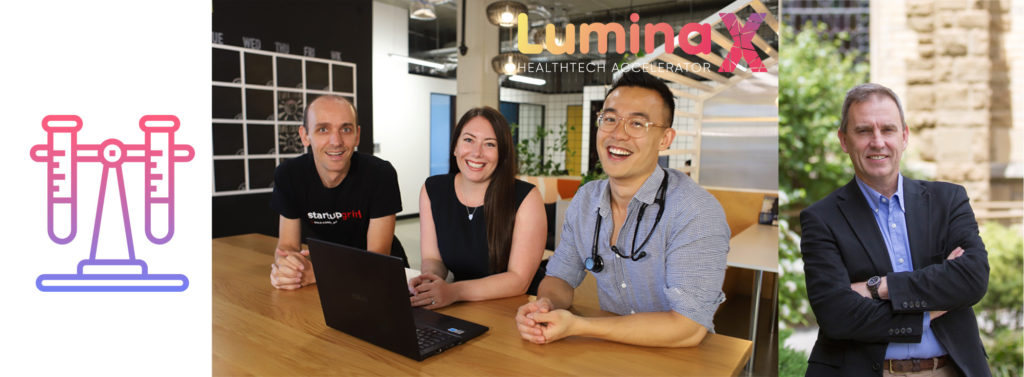
Dr Peter Binks started out with stars in his eyes – literally – studying the structure and shape of galaxies to earn his PhD from the prestigious Oxford University, after completing a science degree majoring in physics (Quantum Mechanics to be precise) at the University of Tasmania. With such impressive smarts, the academic universe was open to him, but Dr Binks instead chose a corporate career that has spanned more than three stellar decades.
“The stars and planets are one of the most fundamental of human interests, and involve some of the most remarkable scientific concepts. We know so little about forces and timescales bigger than we ever see on Earth,” Peter Binks reflects, with the awe and enthusiasm of someone with a lifelong commitment to inspiring interest in science (he’s served on the Advisory Boards of In2science and the Institute of Railway Technology and is a Director of Engagement Australia).
And while there’s nothing quite like the lure of space to capture imaginations, Peter’s true passion is for science that is very much down to earth.
“I loved my time as a physicist, but that wasn’t where I could contribute the most. As my career has developed, I’ve realised my passion is for bringing science and technology to where it can help change people’s lives, or strengthen our economy, or address difficult problems like those of climate change.
I left the university world to learn more about the corporate and business sector, to gain the skills to develop and lead technology activities that will become products and processes from which we all benefit.”
Peter has joined Griffith after working with large businesses such as BHP, Telstra and McKinsey in Sydney, Melbourne, and San Francisco, before spending the last decade in the not-for-profit and startup sectors.
Across a diverse career, he has run a nanotechnology company, and a scholarship foundation, and served on the Boards of medtech and energytech firms. He’s a former CEO of the Business Higher Education Round Table (BHERT), of the General Sir John Monash Foundation, of the Garnet Passe & Rodney Williams Memorial Foundation, and of Nanotechnology Victoria, which he guided for six years.
With this expertise, Peter is enthusiastic about the opportunity for the Gold Coast Health and Knowledge Precinct to be a testbed for advanced nanomaterials and sensor technologies.
“Over the last decade, the application of nanotechnology to health diagnostics and therapeutics has moved from concept towards reality,” Peter enthuses.
The Gold Coast Health and Knowledge Precinct is well placed to become a leader in trialing and demonstrating an array of new technologies, many of which are being developed by Griffith researchers in the Queensland Micro and Nanotechnology Centre (see video below).
One of the interesting applications being developed out of the QMNC are long-lasting, flexible electronics for use in implantable devices such as deep brain stimulators and cardiac pacemakers. These could be incorporated into new generations of long-life pacemakers and inserts.”
Peter’s role at Griffith is to develop and implement a university-wide engagement strategy; positioning the University for partnerships to support its major research, education, and cultural activities. He’s arrived as research success reaches a new high, less than 12 months after Professor Mario Pinto joined Griffith from Canada, as DVC Research and Chair of the Precinct’s Strategic Advisory Group.
2020 record year for research rankings, income and commercialisation
For the first time, Griffith University was ranked in the top 250 in four major global research rankings, research income hit a record $87.4 million, including strong growth in industry-funded research.
Total commissioned commercialisation revenue for Griffith Enterprise in 2020 was $38.2M, the largest in the university’s history.
Griffith researchers published over 100 papers covering various aspects of the COVID-19 pandemic in the fields of medicine, public health, social work, environmental sciences, ecology, tourism, management, nursing, psychology, education, suicide prevention and criminology.
The university has recently released its Research and Innovation Plan 2021-25, which targets a top 200 global ranking, and a top 100 in at least 10 academic areas.
When stars collide - start-ups, corporates, clinicians, researchers, philanthropists
Given his experience across the constellation of worlds – academic, research, corporate, start-up and not-for-profit, Peter Binks is perhaps uniquely placed to understand how sparks of imagination can fly when the sectors collide (or at least connect), and to ‘manage the magic’.
“Our challenge is to stimulate, guide, and manage growth,” he says.
Attracting new partners to the precinct will bring talent and investment, and create opportunities for the activities already here. Not every business will succeed, and not every opportunity will work, and we need to ensure new opportunities are generated so businesses can pivot and evolve.”
One exciting way to accelerate ‘collisions’ (that hopefully don’t crash) is to bring ideas and expertise together in an intensive and structured way – enter Cohort Innovation Space’s new LuminaX Healthtech Accelerator program, launched this month and kicking off in March to give 10 start-up entrepreneurs the chance to launch or scale-up, delivered in partnership with the Queensland AI Hub and IntelliHQ, and with the involvement of 25 industry partners, including Gold Coast Health.
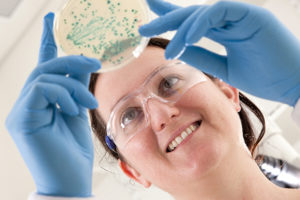
Also kicking off are seven newly-announced National Health and Medical Research Council (NHMRC) Ideas projects worth $4.5m and led by Griffith, along with three other projects to which Griffith researchers will significantly contribute. The projects tackle a range of health conditions such as influenza, brain injury and osteoarthritis.
With new appointments, programs and research projects, 2021 is shaping as a real year of growth for the Precinct as it consolidates a reputation as a new post-pandemic horizon and haven of opportunity.

